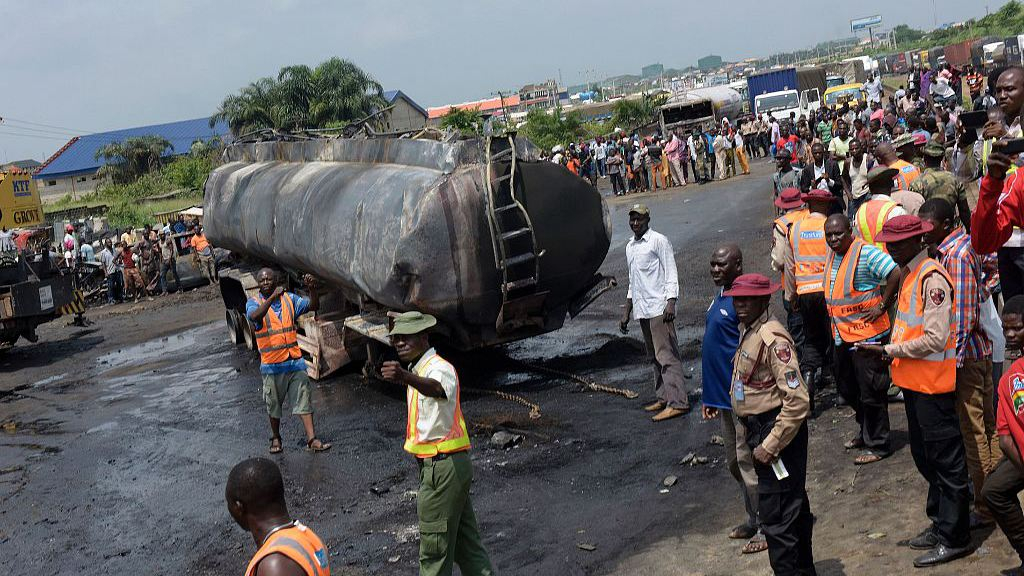
Mathew Amaechi
The Nigerian Midstream and Downstream Petroleum Regulatory Authority (NMDPRA) has raised alarms over the escalating frequency of fatal accidents involving petroleum transport trucks, vowing to implement stricter safety measures to safeguard lives, reduce operational costs, and ensure seamless fuel distribution nationwide.
Speaking at a stakeholders’ meeting in Delta State on Thursday, Engr. Victor Ohwodiasa, Delta State Coordinator of the NMDPRA, emphasized the federal government’s concern about the surge in Truck-In-Transit Accidents (TITAs) and delays in petroleum product delivery. The meeting, convened by the NMDPRA’s Warri Zonal Office, brought together security agencies, transport unions, and oil sector stakeholders to align on urgent reforms.
“The government is deeply worried about these accidents and delays, which not only endanger lives but also inflate operational costs,” Ohwodiasa stated. He assured Nigerians of the government’s commitment to maintaining stable fuel supply while tackling systemic safety gaps.
Central to the new safety push is the NMDPRA’s Safe-To-Load Initiative, which mandates reduced truck capacities and stricter vehicle identification. Currently, trucks are permitted to carry a maximum of 60,000 liters of petroleum products, but this limit will soon be slashed to 45,000 liters to minimize spillage risks and improve road stability.
Additionally, trucks will now undergo color-coding and branding for easier identification:
PMS (Petrol): Light blue with 75 cm markings
AGO (Diesel): Deep yellow and light blue stripes
DPK (Kerosene): Deep yellow
“These measures will help first responders and regulators swiftly identify hazardous materials during emergencies,” Ohwodiasa explained.
The NMDPRA also invoked Section 48 of the Petroleum Industry Act (PIA), which mandates inter-agency consultation to avoid bureaucratic bottlenecks. Ohwodiasa stressed that ministries or security agencies impacting petroleum operations must now collaborate directly with the NMDPRA to ensure “seamless product movement.”
To bolster emergency response, the NMDPRA rolled out toll-free hotline (112) for reporting accidents. Attendees at the meeting tested the lines, confirming their functionality.
Mr. Duke Obaro, Delta State Chairman of the National Association of Road Transport Owners (NARTO), praised the NMDPRA’s engagement: “This alignment is critical. We need unified action to save lives and protect our businesses.”
Security agencies, including the Nigerian Navy, Army, and Civil Defense Corps, alongside depot operators and unions like IPMAN and NUPENG, pledged support for the reforms.
Despite the sweeping changes, Ohwodiasa urged calm: “There is no cause for alarm. The government is ensuring sustained supply, and these steps will make distribution safer and more efficient.”
The NMDPRA confirmed that stakeholder meetings will continue under directives from its Chief Executive, Engr. Ahmed Farouk, to keep pace with evolving challenges in Nigeria’s oil sector.
Nigeria’s reliance on road transport for petroleum products has long been plagued by accidents, often linked to overloading, poor vehicle maintenance, and lax regulations. With over 896,000 liters of fuel frequently hauled by single trucks, the NMDPRA’s intervention marks a critical step toward curbing a deadly trend—one that claims lives, disrupts supply, and drains billions in avoidable costs annually.
